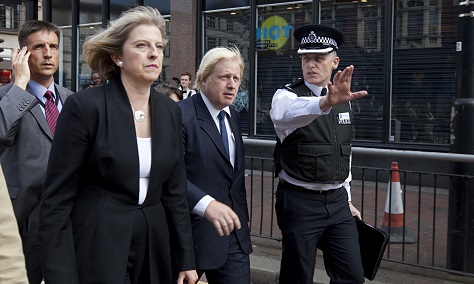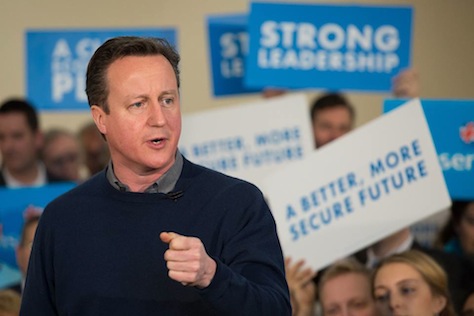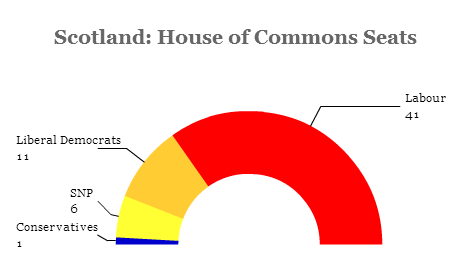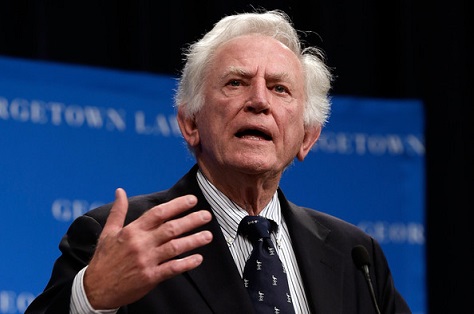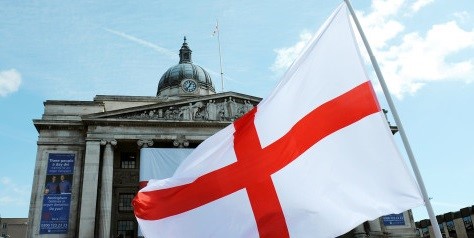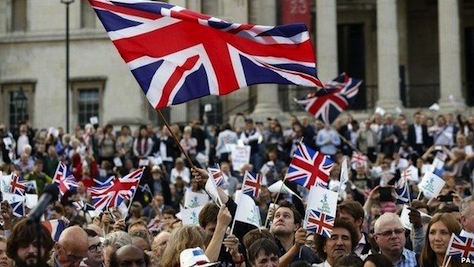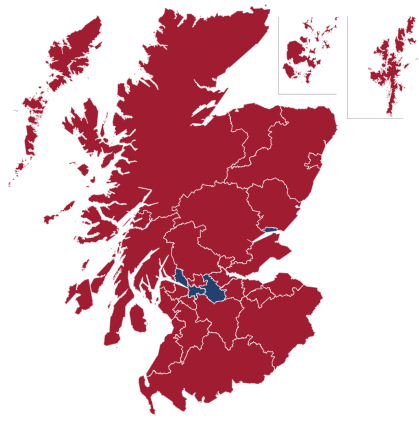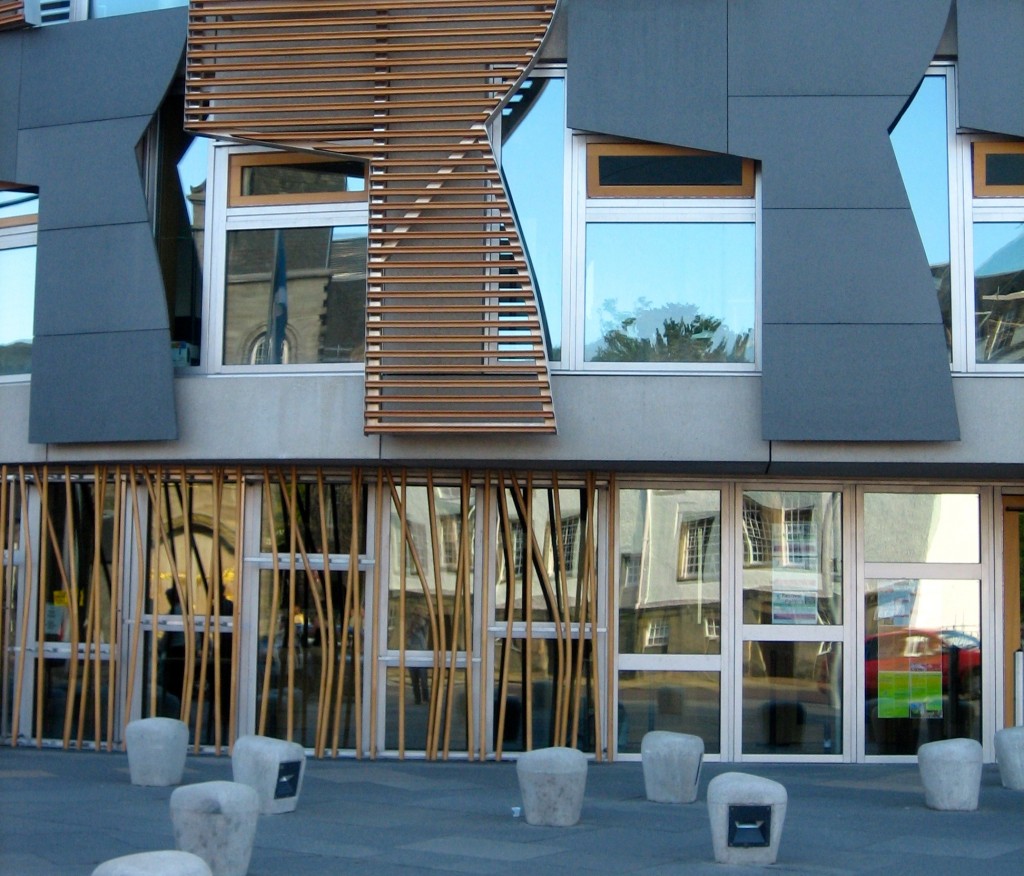British prime minister David Cameron is gearing up to fight the toughest campaign of his life to win reelection on May 7.![]()
Nevertheless, his announcement earlier this week that he intends to serve out two terms — and no more — has started the race to determine his successor. Despite Cameron’s efforts to signal that he will step down in 2020, there’s no guarantee that Cameron will be so lucky. The next Conservative Party leadership race could start immediately after the British election if Cameron leads the party to defeat or, possibly, after 2017 when Cameron has pledged (if reelected) to hold a referendum on continuing the United Kingdom’s membership in the European Union.
But even if the Tories win a renewed mandate (an outcome that seems more likely today than at any time in the past two or three years), a second Cameron term will now become even more consumed by the debate among his would-be successors to define the party’s future. Notwithstanding the planned 2017 EU referendum, the party’s next leader will determine whether the Conservatives should be relatively more pro-Europe or anti-Europe in an era that features the rise Nigel Farage’s populist and eurosceptic UK Independence Party (UKIP). The next Tory leader will also face a fragmenting political environment that appears to be transitioning from a two-party to a multi-party system and a growing sense of constitutional crisis in the aftermath of last September’s referendum on Scottish independence. Moreover, the next Tory leader will also have to choose between two strains of economic policy — a pro-market Thatcherite approach or the more centrist ‘one nation’ Tory approach of her predecessors that concedes a stronger role for government social welfare.
Obviously, a lot depends on timing — a leadership contest in 2015 could bring a different result than a contest in 2017 or 2019.
Cameron, in his remarks earlier this week, singled out Johnson as well as chancellor George Osborne and home secretary Theresa May as particularly strong candidates. Though Cameron almost certainly prefers Osborne, whose leadership stock is certainly on the rise as the economy improves, the two frontrunners today are clearly Johnson and May (pictured together above), whose personalities and approach to politics and government couldn’t be more different.
Here’s a look at what Johnson, May, Osborne would bring to the leadership — along with four other potential candidates waiting in the wings. Continue reading Handicapping the race to succeed Cameron as Tory leader
